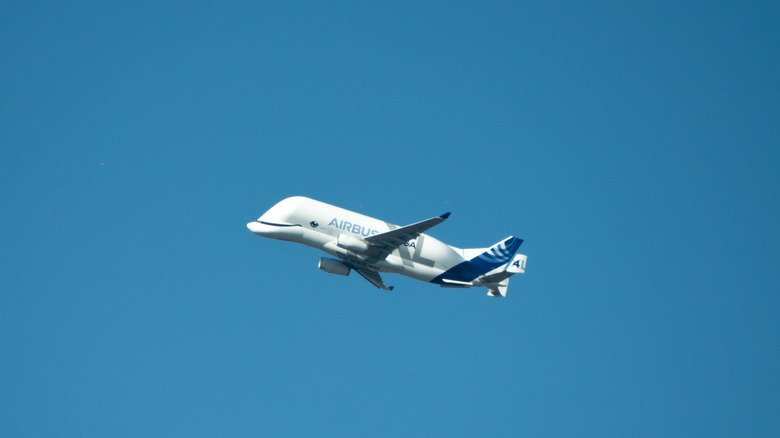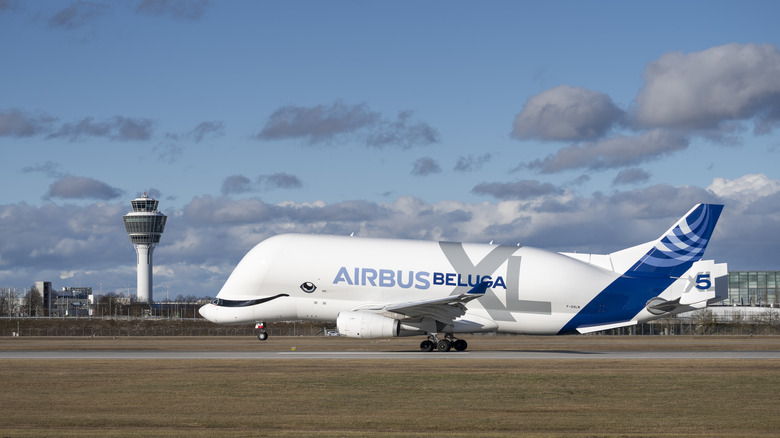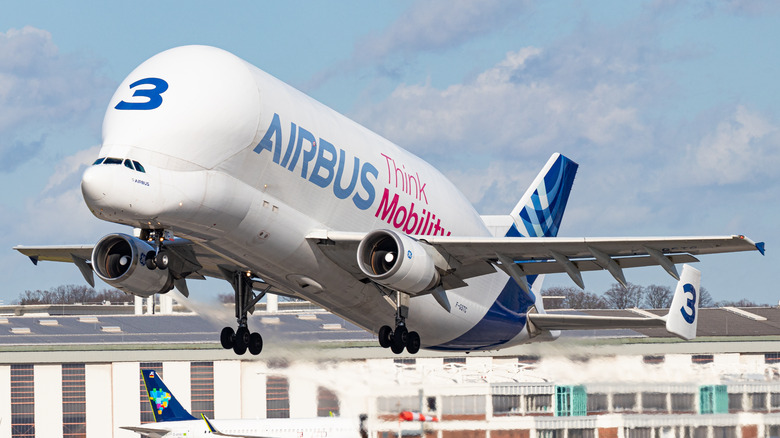Why Did Airbus Suspend Its Beluga Cargo Airline?
When Airbus launched its Beluga cargo airline, known as Airbus Beluga Transport (AiBT), it was seen as an ambitious move into the world of oversized freight. The idea was simple, but clever: repurpose the older A300-600ST Beluga aircraft, which are known for their unique whale-shaped design, for external cargo services. AiBT was capable of moving massive items like helicopters, satellites, and industrial machinery, filling a unique niche in modern aviation.
On paper, the plan made sense. Airbus already had the aircraft, the infrastructure, and the experience handling unusually shaped cargo, so it looked like a natural way for it to tap into the growing demand. But just over a year after launching, Airbus pulled the plug on the airline. The world hasn't run out of big things to move; in fact, the demand for oversized cargo aircraft is still very much alive. However, the issue was on the operational side, meaninghow the airline functioned, not what it offered. ABT just didn't take off the way Airbus hoped.
Too many problems and not enough missions
While the distinctive design of the Airbus Beluga aircraft made them suitable for Airbus' internal transport needs in the past, converting them into a commercial cargo fleet proved to be far more complex than anticipated. The aircraft required specially designed high-deck loaders, trained crews for handling, and lengthy setup procedures that slowed operations. Even more frustrating, when that loading platform had to be carried onboard, it cut into valuable cargo space, reducing payload efficiency even further.
Airbus tried to make it work, but the numbers didn't add up. In 2024, ABT only completed six missions for external clients. Each came with steep charter costs and coordination challenges. Compared to alternatives like the Antonov An-124 or the heavy Boeing 747 – both designed for easier, more efficient loading — the BelugaST struggled to stay competitive. Despite a shrinking market for outsize cargo jets, the BelugaST couldn't keep up with more versatile competitors.
Airbus went back to what it does best
By 2025, Airbus had officially closed down ABT and shifted its attention back to what it knows best: internal operations. With the newer BelugaXL freighter jet fully in place, the need for external missions had significantly diminished. The BelugaXL delivers 30% more cargo capacity than its predecessor and integrates more seamlessly into Airbus' internal supply chain. The older BelugaSTs are now managed by Airbus Transport International (ATI), which will determine their long-term fate. Some of these iconic planes were already stored at Airbus facilities in Toulouse and Bordeaux by early 2025.
The AiBT project served as a useful experiment, but its high operational complexity and cost ultimately outweighed the benefits. While AiBT is no more, the experience gave Airbus valuable insights into the niche cargo sector, and those insights could influence future innovations in logistics and oversized transport.


